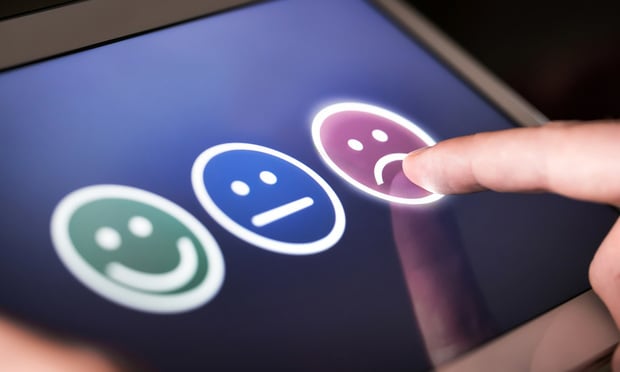ChatGPT and its potential to be revolutionary have been in the cultural zeitgeist of late. In the legal sphere, this revolution has led to talk in the industry about ChatGPT becoming a game-changing tool with the potential to lead to the end of lawyers as we know it (or, at the very least, junior lawyers). So, will ChatGPT mean that the role of a lawyer will become obsolete? Almost definitely, it will not. However, the use of this innovative technology, which leverages artificial intelligence (AI), does pose several questions for law firms to consider. This includes how it can be effectively used as well as issues that could arise from its use. Such a discussion is now being held in law firm boardrooms. This discussion is not only focused on assessing the impacts of AI, but perhaps more importantly, how such technology can be utilized to streamline work and generate efficiencies.
Law firms across the globe have started looking at how ChatGPT can be leveraged to, among other things, undertake more low-value work and free up a lawyer’s billable time for more meaningful and revenue-generating tasks. Speaking with individuals who have used ChatGPT internally within firms, some believe that while ChatGPT does have benefits, the idea of it revolutionizing the legal industry is perhaps short-sighted. One of the key issues is that ChatGPT is not specifically designed to handle legal matters. Thus, there is a risk that when drawing up contracts and other legal-specific documents, the technology can actually create additional risk exposure through error. Another reservation is the time and investment involved in rolling out ChatGPT. Currently, it appears that the technology is largely being used by internal legal technology teams. Adoption by other parts and individuals within a firm will take time. As with all technology, by the time lawyers and other staff are comfortable with using ChatGPT, a newer and potentially better form of AI may come on the market.









